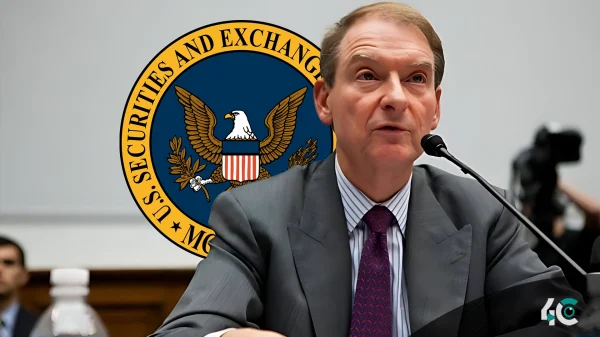Telegram remains steadfast in its commitment to global markets, with CEO Pavel Durov emphasizing the platform’s dedication to user privacy. Durov has stated that Telegram would prefer to exit markets rather than compromise on encryption standards, highlighting the company’s prioritization of user rights over market expansion. This stance underscores Telegram’s commitment to maintaining its presence in global markets while upholding its core values.
Telegram CEO Vows to Defend Encryption at All Costs
Telegram’s CEO is saying that the app will not cease to support encryption. Furthermore, it will exit markets if authorities try to weaken the privacy of users’ data. He made the comments in light of rising government pressure, especially from France and across the EU, to impose backdoor access in encrypted messaging apps.
Durov said that if law enforcement can bypass encryption, so could criminals and foreign foes. This would open a backdoor in encrypted messaging that hackers can use or officials might plant. He warned that the presence of a backdoor does not guarantee its non-misuse.
Telegram would rather exit a certain market than diminish encryption and imperil the rights of the people—Durov. According to Durov, a successful instant messaging and social media service must prioritize user privacy despite requests from politicians for backdoors.
Growing Pressure from European Governments
The war over encryption is heating up in Europe since a French bill sought to force message scanning.
Although the lawmakers rejected it by a narrow margin, similar proposals remain on the policy’s table. For instance, the European Commission is considering a requirement that would permit legal access to encrypted data by 2026.
Durov shared how Telegram has never handed over private messages in its 12-year history to authorities. Telegram is ready to shut down its conversations. While Telegram will comply with legal requests in some jurisdictions for things like IP addresses and phone numbers related to crimes, the platform will not share anything that compromises the privacy of the conversation.
Weakening Encryption Won’t Stop Crime
Durov stated that sacrificing encryption will not solve crime-related problems. Above all, criminals would just move to obscure apps and use VPNs, he warned. “Such laws won’t stop crime; they will only undermine the privacy and security of good people.”
He emphasized that encryption serves more than just concealing criminal activity. But it is essential for everyone’s safety and freedom. Encrypted communication safeguards sensitive data and prevents unauthorized access to messages, securing social, economic, and political interactions.
A Call to Action for Privacy Advocates
Durov has encouraged both privacy advocates and users to play an active role in digital rights. He urged them to lobby legislators for encryption, which protects individual freedoms in a digital world.
Every day, new threats arise to our freedom. It’s up to us to keep defending them,” Durov said. Durov cautioned, “We thwarted new attempts for backdoor access, but it’s not over yet.”
Conclusion
Telegram’s refusal to give in to encryption demonstrates that they are willing to stay away from rich markets because of user privacy. By opposing backdoor access, Durov is turning Telegram into a defender of digital rights as privacy is increasingly threatened.
As governments around the world try to strike a balance between security and privacy, Telegram’s stance shows that damaging encryption is very dangerous. The platform’s determination to meet this goal emphasizes the need for ongoing education and advocacy on encryption.
The latest news did not deter Telegram, and it continues to reassure users that it will never violate their privacy.



























